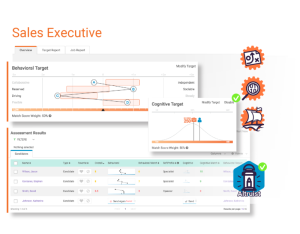
Why Use the Behavioural Assessment by The Predictive Index?
The Predictive Index Behavioural Assessment gives you practical insights into how someone naturally works, leads, and collaborates, so you can hire smarter, build better teams, and reduce costly mis-hires.










